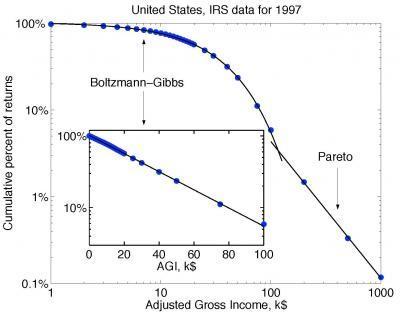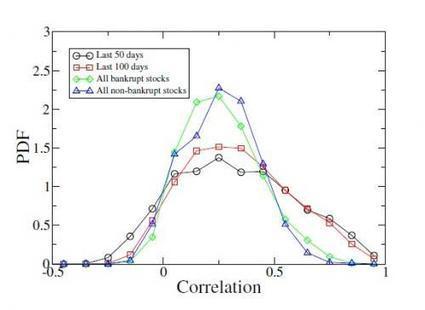Research and publish the best content.
Get Started for FREE
Sign up with Facebook Sign up with X
I don't have a Facebook or a X account
Already have an account: Login

 Your new post is loading... Your new post is loading...
 Your new post is loading... Your new post is loading...
|
|















Very good FAQ to get a quick grab on the terms you can hear around statistical data analytics.
Une vision intéressante.
Extrait (traduit, enfin j'espère à peu près bien) : "Qu'est ce que le "Big Data" ? - Ce que l'on veut que ce soit, des données qui ne sont pas petites, un mot éphémère à la mode, une reconnaissance du fait qu'il est difficile de stocker et d'accéder à des bases de données volumineuses, un faux espoir (avec néanmoins parfois, fugitivement, des vérités lumineuses) que si les caractéristiques infimes sont connues et conservées à la microseconde près, on arrivera à prévoir tout ce qui concerne cette espèce imprévisible : les êtres humains."
Are you already a member of ONE COIN?
Then you are in the right time at the right place now!
If you are serious about earning money with One Coin and to do it fast,
It accompanies you on the way to the success you desire and is the basis for you financial freedom!
Worldwide community of entrepreneurs...Visible and open minded company...Very high income opportunity...
The One Coin concept is born into the successful industry of cryptocurrency.
Bitcoin is the success of the pioneering cryptocurrency.
OneCoin the next Bitcoin?
Many people are excited about One Coin- A powerful One time Opportunity.http://www.onecoin.eu/signup/amoisexy